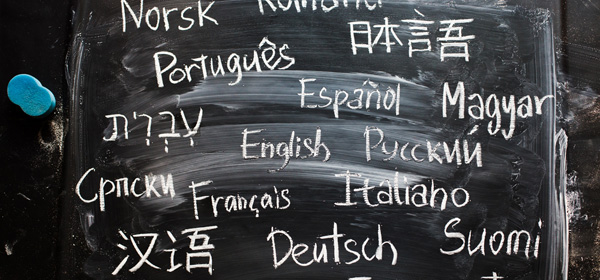You may not like the reaction you’ll receive if you ask for a cookie in Hungary or a kiss in Sweden. And there are many other English words that you shouldn’t say aloud when you’re overseas. Such as these:
Cookie
Asking for a cookie in Hungary will either get you slapped, arrested or will certainly give you a rude awakening. Why? Because it’s pronounced the same way as the Hungarian word koki which means ‘small penis’.
Kiss
In Sweden, asking for a kiss on the cheek could have you running to the bathroom to wipe your face, as kissa means ‘pee’ in Swedish.
Gift
Being an English-speaking citizen in Germany during Christmas may be a little difficult. Even more so if you say you’ll give a German a gift, because, when translated, it means ‘poison’.
Preservative
In France, if you ask the wait staff if there are any preservatives in the food being served, you will certainly be met with incredulity. I mean, why would they put ‘condoms’ in your food? The French word for condom is préservatif, and it’s also a similar translation in many other European countries.
Salsa
It’s not like you’d be asking for salsa in Korea, but if you do, don’t expect the Mexican delicacy, especially when you consider that the Korean word for ‘diarrhoea’ is seolsa.
Pick
Never pick anything in Norway – always choose or select – because the Norwegian word for ‘male genitals’ is pikk.
Lull
It’s probably best not to tell anyone in The Netherlands that you’re going through a bit of a lull, because lul means ‘male genitals’ in Dutch.
Pet
In France, don’t talk about how much you love your pets, because in French, ‘pet’ means fart.
Bite
Saying you’d like a bite to eat may get you some funny looks, because, although pronounced slightly differently, bite in French means ‘penis’. Gee, you’d think France’s proximity to the UK would mean there’d be less confusion over the English language.
Face
If you say face in France, make sure you point to your head, because in French, fesse, which sounds the same as ‘face’, means ‘buttocks’.
No
This one’s not so offensive, but saying no in Poland, the Czech Republic or other Slavic countries could land you in trouble, as it actually translates as ‘yes’.
So, there you have it. Take care when speaking English in other countries, as you could land yourself in some serious hot water or, at the very least, cop a few funny looks!
Do you know of any other words that could be confused?
Related articles:
Getting around language barriers
The ultimate travel T-shirt
World’s first translating earpiece

